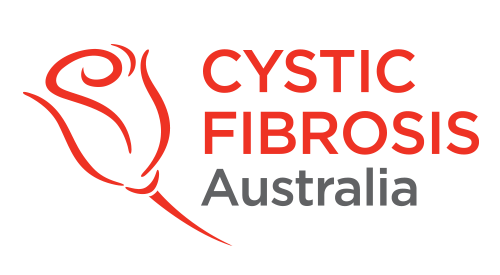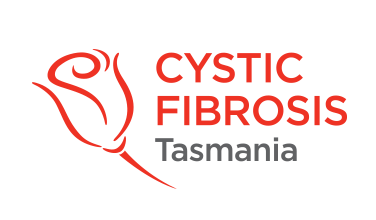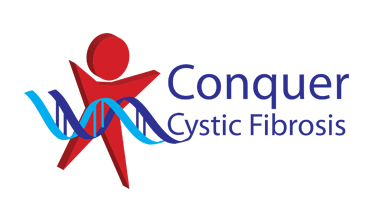Introduction
Cystic Fibrosis (CF) is a genetic condition that affects many parts of the body. The organs most commonly affected are the lungs and the pancreas.
To understand how Cystic Fibrosis affects the body it is helpful to start with understanding the role of the CFTR protein. We all have CFTR proteins in our body, it stands for the “cystic fibrosis transmembrane regulator”. In simple terms their job is to regulate the movement of salt and water across the cell surfaces. If you have CF, your CFTR protein:
- may not be being produced at all,
- or only a small amount is produced,
- or the CFTR protein that is being produced is not able to get to the cell surface,
- or the CFTR protein is produced and gets to the cell surface but doesn’t work as well as it should.
If salt and water can’t be regulated across the cell surfaces in organs like the lungs and the pancreas there will be dry or thick sticky secretions.










